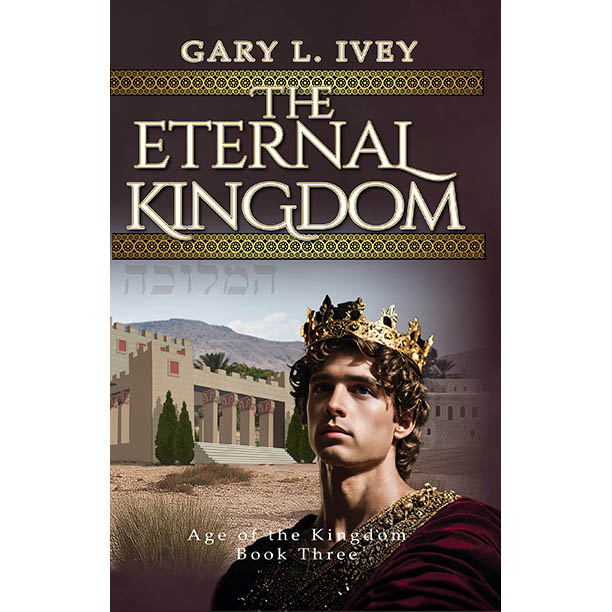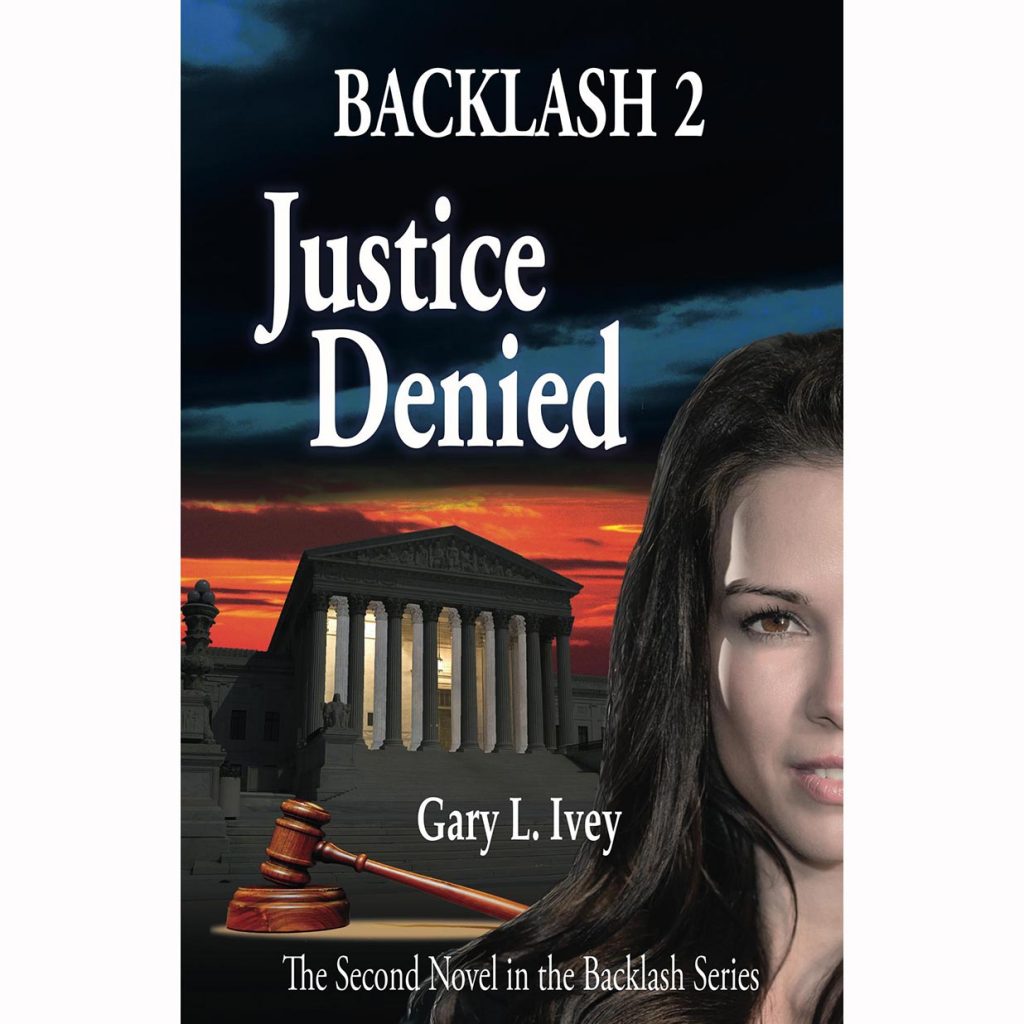This week I saw two movies with “Exodus” in the title within six days. Both concerned the biblical story of the Israelites’ Exodus from 400 years of slavery in Egypt over 3,000 years ago. The first was the documentary “Patterns of Evidence: Exodus” and the second was the Ridley Scott film “Exodus: Gods and Kings” starring Christian Bale as Moses.
The two films, one a documentary and the other a narrative film, were, of course, very different. The documentary “Pattern of Evidence: Exodus” (www.patternsofevidence.com) challenged the long-accepted chronology of the Exodus and the oft-repeated scholarly orthodoxy that there is no archaeological evidence of the biblical account. It seems if you modify the chronology by 200 years, there’s quite a bit of evidence. The movie is very well done and even handed, which enhances its credibility.
The other movie, “Exodus: Gods and Kings” was a spectacle worthy of Cecil B. DeMille but with a 21st-Century cynicism. If the writer and director of “Exodus” saw the evidence presented in “Patterns of Evidence”, they might not have taken as many liberties with the story.
“Exodus” does a great job with some things. For instance, the gritty texture of the film more effectively conveys the culture and difficulty of life in the Bronze Age than earlier portrayals of Bible stories. Movies in recent years have often been so concerned with “realism” that they take us to other times and places by means of atmosphere down to the smallest set and costume detail. However, they sometimes fail to stay in their time frame and culture when it comes to dialog and cultural attitudes. “Exodus” manages to maintain its equilibrium between being intelligible to a modern audience and being true to the setting.
Where “Exodus” disappoints is in the liberties it takes with the story. A point that “Patterns of Evidence” makes is that the Exodus story is foundational for both Judaism, Christianity and, to a lesser degree, Islam. So a LOT of people know the story very well.
The most glaring difference with the biblical story is that God is represented by a 10-year-old boy that only Moses can see. I suppose it would be difficult to know how to depict Moses’ encounters with God, but using a small boy just seems bizarre. The first appearance of the boy/God is, as in the original story, at the burning bush. However, the encounter comes after Moses is hit on the head with a rock in a landslide. This alarmed me because it seemed to predict that the movie would avoid any reference to the supernatural.
That turned out not to always be the case, though. Except for the involvement of crocodiles in the plague of Nile-River-turned-to-blood, the rest of the plague sequence is definitely supernatural. And epic. You definitely feel the effects of the flies, frogs, locusts, etc.
However, this also points out another problem with the movie: It almost completely leaves out Moses’ appearances before Pharaoh, demanding that Israel be allowed to leave Egypt, so the plagues don’t appear to have a real justification. In fact, Moses seems to oppose the boy/God concerning especially the last plague: the death of all the first born.
The film invents quite a few scenes just to enhance the action. For example, when the Egyptian army is pursuing the Israelites to the Red Sea, Moses takes Israel over a narrow mountain trail that causes half the Egyptian army to die in a landslide. It’s exciting but there’s no basis for it in the original story and it doesn’t really add anything but excitement.
However, the Red Sea crossing, while also introducing some unexpected events, still keeps the supernatural element. That scene is also Epic. At first it appeared that the movie might try to depict the Red Sea crossing like some scholars present it: that they crossed at low tide or in a narrow, shallow strait. But the way the movie presents the sequence, it could only be supernatural. The difference between the rapidly decreasing water level so the Israelites could cross and the 75-foot tidal wave that obliterates the Egyptians could not have been a natural event.
So, to sum up: my conclusion is that, for believers, “Exodus: Gods and Kings” can really fill in a lot of blanks when it comes to understanding the culture and the way of life during ancient Bible times, if we can see past some of the glaring liberties taken with the story. However, someone who is not familiar with the Bible story might have a hard time understanding the points the Bible wants its readers to get. But that was not the producers’ goal anyway.






